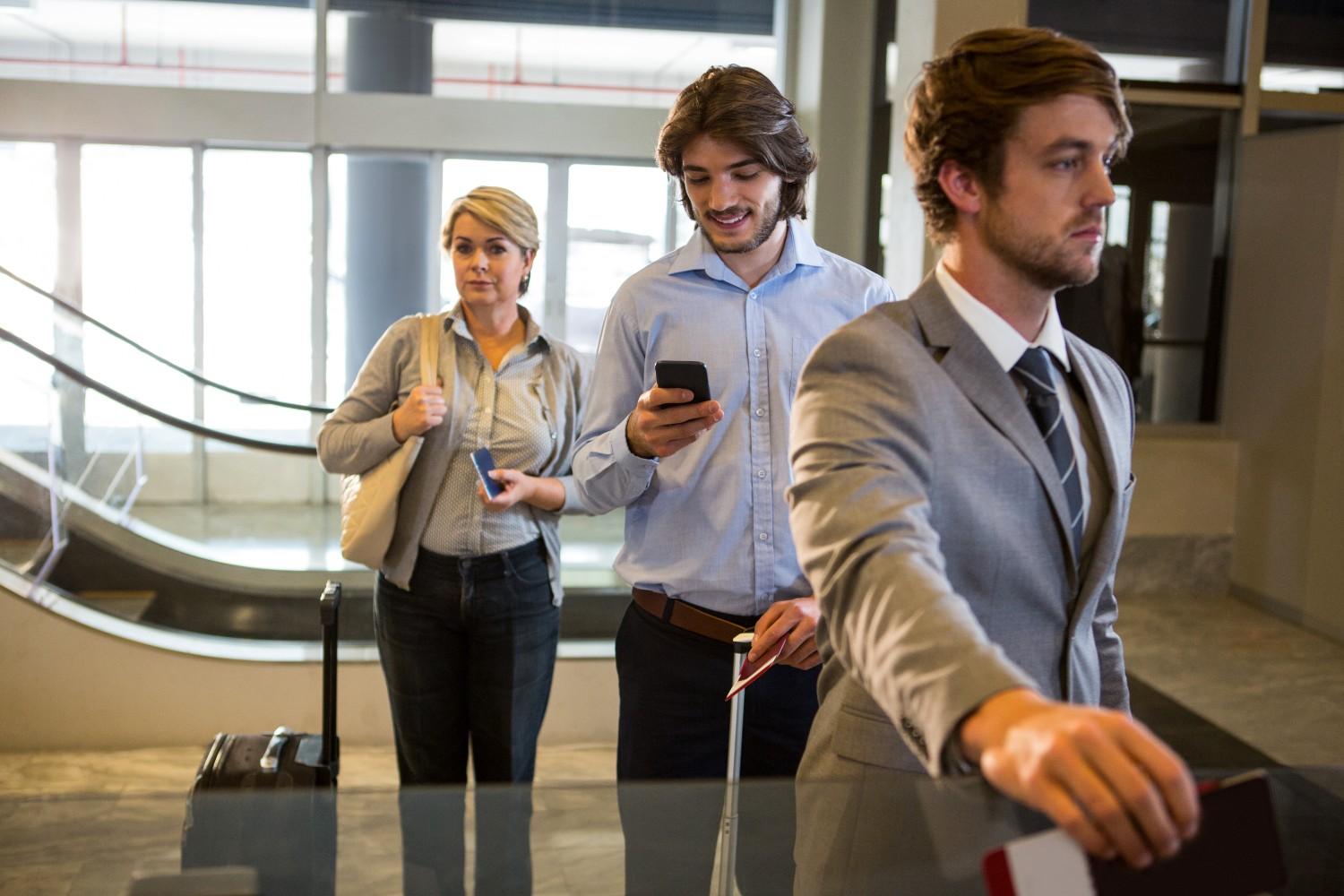The New Normal: How Business Travel Has Changed Post-Pandemic
Business travel has always been an important part of many industries. It allows professionals to meet face-to-face, build relationships, and close deals. However, the COVID-19 pandemic changed the way we travel for work. Today, business travel looks very different compared to what it was before 2020. In this article, we will explore how business travel has changed, why these changes happened, and how companies and travelers are adapting.
Fewer Trips, More Virtual Meetings
Before the pandemic, people often traveled for short meetings or conferences. Now, many companies prefer virtual meetings instead of sending employees to other cities or countries. Platforms like Zoom, Microsoft Teams, and Google Meet have made it easy to connect with people from anywhere in the world.
One reason for this shift is cost. Virtual meetings are cheaper because companies save money on flights, hotels, and meals. Another reason is convenience. It is easier to schedule a video call than to organize a trip. For example, instead of flying across the country for a one-hour meeting, you can now join a call from your office or home.
However, virtual meetings cannot replace everything. Face-to-face interactions are still important for building trust and creating strong relationships. For this reason, some business travel is returning, but companies are more selective about when and why employees travel.
Health and Safety Are Now a Priority
The pandemic made everyone more aware of health risks, especially when traveling. Now, travelers pay close attention to hygiene and safety. Airlines, hotels, and transportation companies have also changed their practices to keep people safe.
For instance, airlines clean their planes more often, and many require passengers to wear masks. Hotels provide hand sanitizer, and some offer contactless check-ins to avoid close interactions. In addition, many countries require proof of vaccination or negative COVID-19 tests before allowing travelers to enter.
Because of these measures, business travelers need to plan their trips more carefully. For example, you may need to book flights early to meet testing requirements or choose accommodations with strict health protocols. This adds extra steps to the travel process, but it helps ensure everyone stays safe.
Technology Is Playing a Bigger Role
Technology has become essential for business travel. Not only do we rely on video conferencing tools, but we also use apps and digital platforms to make travel easier.
For example, many airlines and hotels now use mobile apps for bookings, check-ins, and boarding passes. These apps reduce the need for paper tickets or waiting in long lines. Additionally, travelers use apps to monitor flight updates, track expenses, and find local services while on the go.
Furthermore, companies are adopting advanced tools to manage travel. Travel management platforms help businesses plan trips, track employee locations, and ensure compliance with travel policies. This technology saves time and improves efficiency for both employees and employers.
Sustainability Is More Important Than Ever
Sustainability has become a key focus for businesses around the world. Business travel is no exception. Many companies are looking for ways to reduce their environmental impact while still meeting their goals.
One way to travel more sustainably is by choosing greener transportation options. For instance, trains are often a better choice than planes for short trips because they produce less carbon emissions. Similarly, electric cars or car-sharing services can be used instead of traditional taxis.
Another approach is to reduce the number of trips altogether. By combining meetings into one trip or replacing some travel with virtual options, companies can cut down on emissions. Some businesses also invest in carbon offset programs to balance out the environmental cost of their travel.
Flexibility Is the New Standard
Travel plans can change quickly, especially in today’s uncertain world. Airlines, hotels, and travel agencies now offer more flexible options to meet this need.
For example, many airlines allow passengers to change their flights without extra fees. Hotels also provide free cancellations or easy rebooking options. This flexibility gives travelers peace of mind, knowing they can adjust their plans if something unexpected happens.
Companies are also more flexible with their travel policies. Before the pandemic, employees might have been required to travel frequently. Now, some companies let employees decide if they feel comfortable traveling. This shift shows a greater focus on employee well-being.
Reiterating the work-life balance
The pandemic brought to light how much importance it is given in the lives of people when it comes to work-life balance. Business travelers too now take a keen interest in well-being while traveling for business purposes.
For example, some might avoid traveling to destinations with long or stressful itineraries. Instead, they may allow a specific time for some personal activities or rest rather than rushing from one meeting to the next. A segment of them chooses logistics that offer a fitness center and quiet spaces to recharge after a hard day’s work.
Companies are also stepping up their game for employees as they increase resources. This includes mental health support, increased travel insurance, and wellness programs to keep employees healthy on the road.
The Emergence of Bleisure Travel
A recent craze is leisure travel: a blending of business with leisure on a trip. For instance, a business traveler might stick around after a work meeting to get acquainted with the city or bring the family on vacation.
Bleisure travel revenue earns both employees and their companies more than just bits and pieces of time spent in a hotel. Employees get a better experience, while more often than not, the company receives happier, more motivated workers. Even more, it allows travelers to utilize their time well when they are away from home.
In Summation
Travel as a business, indeed, has changed its very nature, imbuing it with a freshness that has very much changed since the pandemic. We went virtual in meetings and did obviate the need to hit the road that often, and health, safety, and sustainability is something we cannot miss today; if before there were no priority issues, now everything is at par. Technology is much ahead and can make things simple and easy. Flexible options befitting the traveler.
It will never be business travel per se, but some of these changes actually keep pace with the new normal. Both the company and traveler assess priorities and measures in these current realities’ balancing act. Altering and continuing with these changes will in turn lead to a smarter, safer, and greener business trip in years to come.

